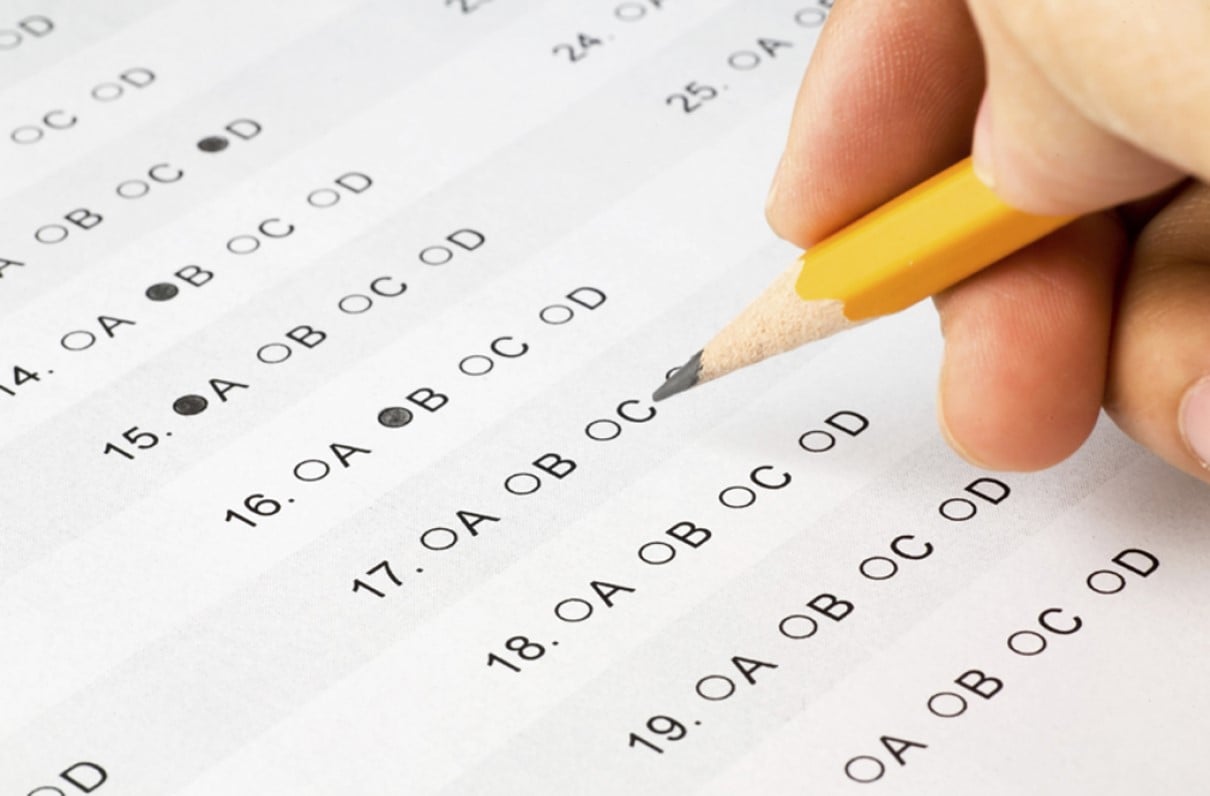By Tom Wahl
High school can be a difficult time for students — harder classes, first love, and so on. It is also an important time because success in high school lays the groundwork for more choices after high school: college acceptance, scholarships, ROTC or academy acceptance, and many others.
Parents play an important role in setting up their high schooler for this success, and there are many ways for parents to do this. Let’s look at a few key things parents can do to help their MilKid navigate high school successfully.
Help Your High Schooler Establish Realistic, Definable Goals
Effective goal setting is a learned skill and takes practice. An important step is for the high schooler to understand what an “effective goal” is. First, it needs to be easily defined or quantified, or else your high schooler will have a goal that is difficult to understand what it will take to achieve it (e.g., “I want to finish the summer reading before school starts” vs. “I will read 100 pages a week”).
Second, effective goals are realistic and achievable because unrealistic goals are not just moot – at their worst, they are disheartening and can hinder progress. (e.g., is an “A” in three Advanced Placement classes realistic given your role as a team captain and class VP? Is taking six AP classes at once realistic?)
[RELATED: Visit MOAA's Spouse and Family Advocacy Page]
In her article “Successful High School Students Do These 10 Things,” academic adviser Kate Sundquist says the best way to approach good goal setting is to “set realistic long-term goals and work backwards from those to set smaller short-term goals to act as stepping stones. Then, make a plan to achieve these goals. Break your work down into manageable chunks and find a way to hold yourself accountable.”
Stay Engaged With Your Children
This is a given for MilFams. With all the moves and new settings (from school to friends to neighborhoods), families tend to become closer. Even given this, you need to work to stay engaged in your high schooler’s life, because it helps them do better academically and it gives you needed insight.
Just be sensitive to how engaged you become. While an arm’s length distance is needed to encourage self-reliance and proactivity, too much distance can hurt. Too often, teens will say that all is well even when they start to fall behind (or, as a MilKid they’re afraid to admit to a deficiency, be it a poor test or a hurt feeling).
There are a few easy examples of a good middle ground. One is attending back-to-school nights. These visits not only give you conversation-starters with your teen (“How do you get from Class A to Class B in time?” “That lunchroom must get crowded!”), but also common references to share (teachers’ personalities, class syllabi, school layout, etc.) and a chance to put some surprises in his or her locker. Other examples include going to parent-teacher conferences and periodically checking grades online.
Also, get to know the teachers, subjects, and day-to-day routines for your MilKid, and it will give you key insight on how to help. Finally, go to the Friday Night Football games, even if your MilKid goes with other friends. This helps you share the school spirit.
Finally, stay attuned to the school, too. Try to have a good grasp of school policies, what the calendar looks like (know when homecoming is, for example, so that you’re aware if your child doesn’t go, let alone mentions it), how to contact school staff, and what sort of student resources are available. Some teachers even have class websites with homework notifications and subject outlines.
[RELATED: Visit MOAA's Education Assistance Page]
All these things take effort on your part, but they will give you needed insights to your high schooler’s life and common reference points. Most important, they will show your MilKid that you have an interest in their life.
Encourage Them to Find Genuine Interests
Our travels and moves help create children who get involved and have varied interests. This is key to high school because successful high schoolers don’t just excel in the classroom but also participate in activities (school or non-school groups like scouts or the Civil Air Patrol). And being a well-rounded person who can demonstrate genuine interest in something is sought after by universities, scholarships, ROTC, the academies, and many other organizations.
Also, having a passion for that community service, sport, or other extracurriculars is vital. Prep Scholar’s rubric for prioritizing extra-curriculars breaks down into three components: leadership, passion, and impact. Colleges, ROTC, and the academies will look for students who can check each of these boxes and be able to articulate and discuss them.
Encourage your MilKid to find activities that actually interest them. One of the most common regrets is wasting time and energy on commitments that had little payout. Getting joy out of extracurriculars is healthy and can lead to a longer-lasting interest. In 10 Tips for Thriving in High School — from those who’ve come out the other side, college grads discuss what their “wish-they-had-knowns” about high school.
Finally, talk to your child about possibly creating an activity. For instance, many high schools allow students to create clubs — from table tennis to collecting old laptops and printers from more affluent students to donate to students and families in less affluent situations.
Enable Your MilKid to Ask for Help
One of the biggest challenges high schoolers face for many reasons is simply asking for help. A crucial aid to high school is having a solid support network that a student is comfortable using. Encourage them to ask for advice from a wide variety of people, including teachers, advisors, coaches, or recent grads. People are more than willing to share lessons learned along the way.
It can also be difficult to ask for academic help. Make sure your teen realizes that most students end up needing help in at least one subject. While hiring a tutor is always an option, there are other ways for students to get help for class, such as creating a study group, meeting with a teacher one-on-one, as well as an endless amount of online resources to be found. There are some fantastic subject-help channels on YouTube, which your MilKid is certainly comfortable navigating.
As a closing note, many of the above seem common sense. Sometimes we expect our high schoolers to initiate things on their own because we see these actions as no-brainers. But they are common sense to us because of years of experience. In comparison, a high schooler can’t effectively start something unless they have been taught that skill or informed of the action. So, when telling your MilKid to set come goals, first explain how to set effective goals. Or instead of wondering why your MilKid hasn’t formed a study group, suggest the idea. This is all part of prepping them for success.
Tom Wahl teaches business writing at the University of Colorado in Colorado Springs, Colo., and is a freelance writer. He is married to a retired Air Force certified nurse-midwife.


